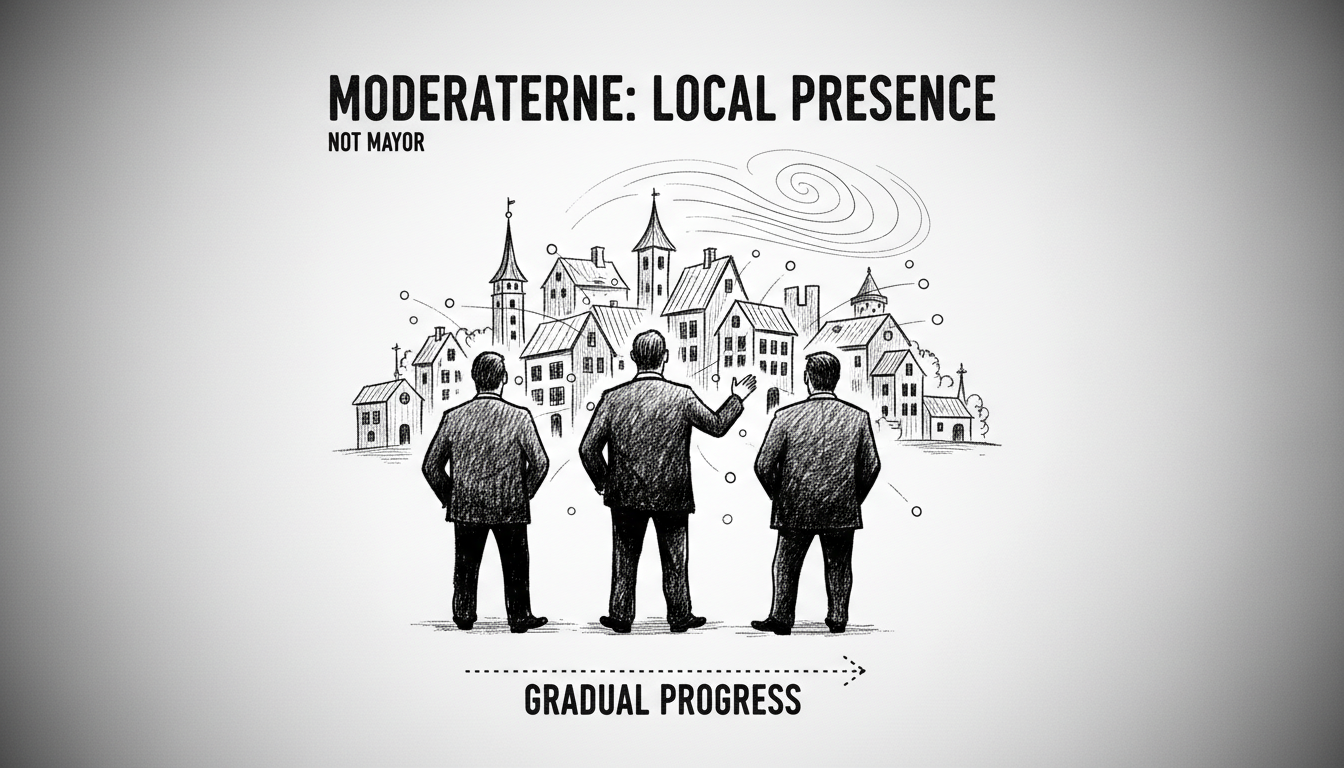Moderaterne party leader Lars Løkke Rasmussen states his party has no specific goal of winning mayor positions in Denmark's municipal elections. The political leader emphasizes building local presence as the primary objective for his three-year-old party.
Rasmussen cast his vote in Græsted, Gribskov Municipality, where he expressed modest expectations. "We are a completely new party. We are only three years old," Rasmussen explained. "For us, this is about establishing some kind of foothold. Originally when we created the party, we actually debated whether we should even run in municipal elections."
The party eventually recognized the importance of municipal participation. Moderaterne now competes in 71 of Denmark's 98 municipalities. This marks the party's first municipal election since its founding in June 2022.
Despite becoming Denmark's third-largest party months after its creation during the 2022 parliamentary election, Rasmussen acknowledges different circumstances now. "I certainly don't believe we will achieve the same result as we did in the parliamentary election because we have faced some headwinds," the party leader stated.
Rasmussen remains optimistic about the party's trajectory. He reports positive momentum during his travels across Denmark. "I have been around the country, and I can see that in some places we actually stand quite reasonably," he noted.
In his home municipality of Gribskov, Rasmussen feels particularly confident. He voted for Moderaterne's local lead candidate Pernille Søndergaard, though he views the municipal election as separate from national politics.
Rasmussen explicitly rejects viewing these local elections as a precursor to the next parliamentary election, due by October 2026. "I don't take it as a harbinger. I don't do that," he asserted.
Nevertheless, the party leader considers the election campaign valuable experience for his still-young political movement. Rasmussen reflected on their previous national campaign limitations. "When we conducted the parliamentary election campaign last time, we were so new that relatively few people drove it," he recalled.
This municipal election serves as crucial practice for future electoral efforts. The campaign provides organizational experience and voter engagement opportunities that newer parties often lack.
Danish political observers note the strategic wisdom in Rasmussen's tempered expectations. Municipal elections traditionally favor established local networks over national party brands. For a party like Moderaterne, building name recognition and local credibility represents a logical first step toward longer-term political influence.
The party's performance across these 71 municipalities will indicate its ability to transition from parliamentary success to grassroots political organization. Strong showings in key municipalities could signal Moderaterne's potential to become a enduring force in Danish politics beyond Rasmussen's personal popularity.

